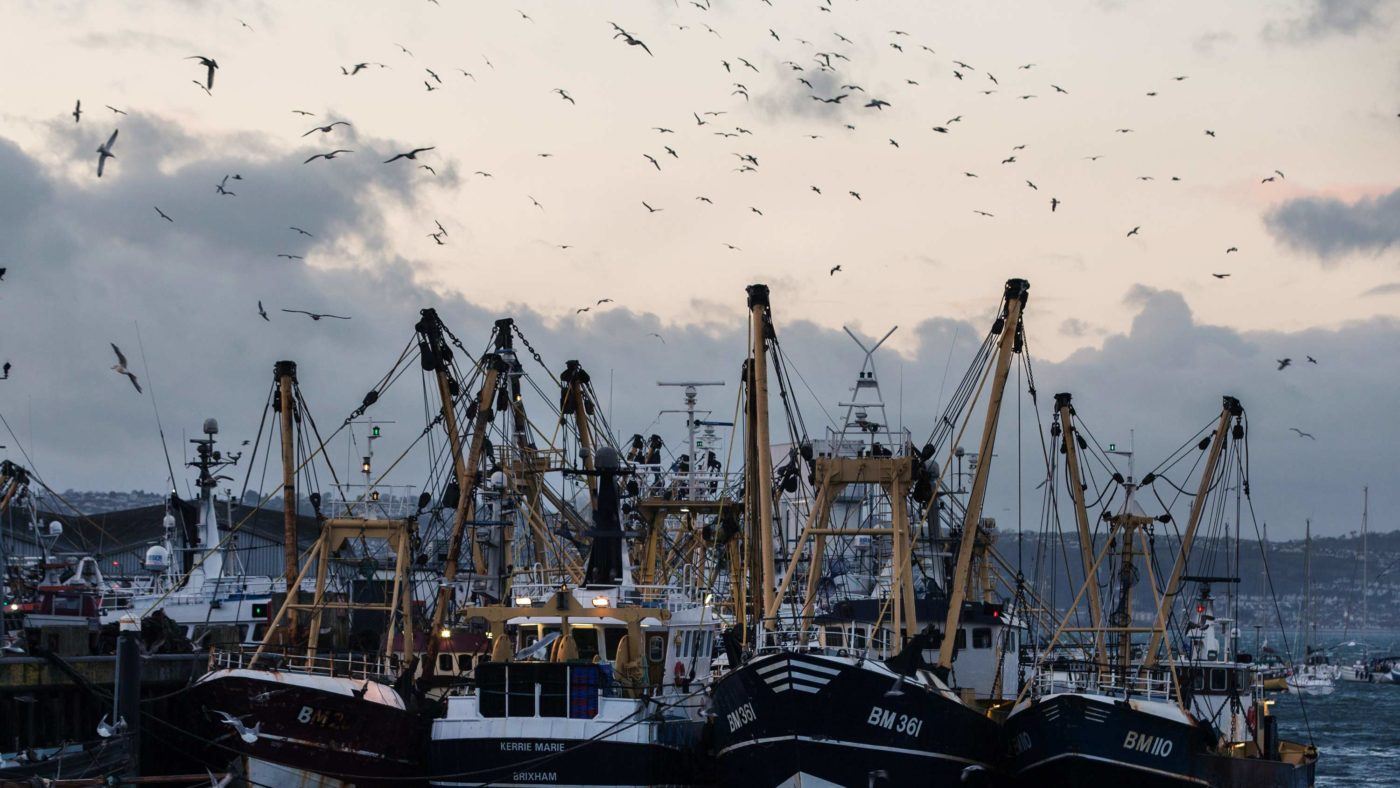During the election, Conservative candidates looking for votes in the UK’s fishing communities were asked to explain what they thought Brexit would mean to their industry. The party’s fisheries policy had been somewhat ambivalent in the past.
The important questions were whether, after leaving the EU, the UK would still sign up to a modified set of arrangements that jointly managed fisheries stocks or zones. And more importantly, would the UK declare sovereignty over its territorial waters under the UN Convention on the Law of the Sea, going out to 200 Nautical Miles or to the Median point with another littoral state?
The answer to the former was not quite forthcoming even with the manifesto. There remains some degree of ambiguity over what mechanisms will come to replace the EU’s Common Fisheries Policy, whether based on quota or alternatively managed by Days at Sea. There are some divisions within the fishing community on this, though anti-CFP veteran John Ashworth makes a strong case for the latter as being more effective.
One area where there has been critical movement has been over the 1964 London Fisheries Convention. This was the default arrangement that would have kicked in had the Common Fisheries Policy been scrapped. It allowed for certain grandfathered rights to be enjoyed by foreign fishermen who had longstanding prior access. Legal views differed over whether that would have just meant a tiny number of vessels being allowed to continue to work British waters, or whether CFP arrangements had simply nullified that treaty. But if rights had been transferred, were they generational, or based on the owner of the boat, or on the possession of the existing permit – which would have transferred rights into CFP “shareholders”? The convention offered little more than further confusion. Thankfully, the new Secretary of State, Michael Gove, has announced plans to withdraw.
The Conservative manifesto talked of reclaiming control over those waters where the UK has “historically exercised sovereign control”. By failing to mention the Exclusive Economic Zone and the 200 mile limit in what was only a short passage of text, uncertainty was inevitable, since such rights were only granted after the UK joined the EEC. Clearly, some room for negotiation remained – and that, from a British fisherman’s point of view, was exactly the problem.
The loose bolt on the wheel of state is one of trust. Fishermen have historically been badly treated by the Conservatives when in government. Fishing rights were surrendered during the Heath negotiations to continental counterparts in a stitch up that was so notorious the Dutch apologised and the Norwegian fisheries minister resigned; yet the British team were ordered to suck it up as a surcharge of entry.
John Major’s time in Number 10 was infamous for rolling with EU plans ranging from discards to a foreign upgrades subsidy, and he even for a while lost an MP (Sir Richard Body, representing a once-thriving port) over his policy. Only in opposition from the time of Patrick Nicholls, who was Shadow Fisheries Minister under William Hague, onwards did the party have a policy that strove to end the CFP and regain control over British waters. This policy quietly disappeared into the blurry middle distance after Iain Duncan Smith’s departure.
Under the Coalition, the Cabinet post was held for a short while by Owen Paterson: it is no coincidence that while he was at DEFRA, the department produced the most balanced analysis of the costs and benefits of EU membership in Whitehall. However, lessons learned were not included in the renegotiation talks. David Cameron’s Bloomberg Speech only mentioned fisheries policy in passing. In the event, fisheries did not feature as part of the renegotiation package.
Given the party’s track record, it is hardly surprising that the fishing community wants to be absolutely sure that what they have been calling for over two generations is now finally being delivered. The announcement over the London Convention is a big win in that regard. It now seems that the potentially rich resources of the wider UK territorial waters are being restored to national control as well.
Much remains to be worked out, including transitional timings, UK participation in international fisheries organisations, Irish cooperation, the UK share (currently nugatory) of third party agreements, tariffs on fish products, safety certification, managing territorial policing over the crunch period of transition and much more. But the key principle was ever going to be about whether the UK had sovereignty over its waters or did not. Opportunity flowed from first grasping that basic truth.
Happily, the right people are in the right jobs. It seems sadly the department has lost Sheryll Murray as PPS, though she will no doubt be an important supporter of fishermen from the backbenches. Andrea Leadsom had been doing excellent work. But the advent of Michael Gove, who spoke so passionately about the unhappy experience of his fishmonger father during the referendum campaign, and with the continuing output of his impressive fisheries deputy, George Eustice, the long-term prospects finally look promising for the UK’s fishing industry. And about time too.


